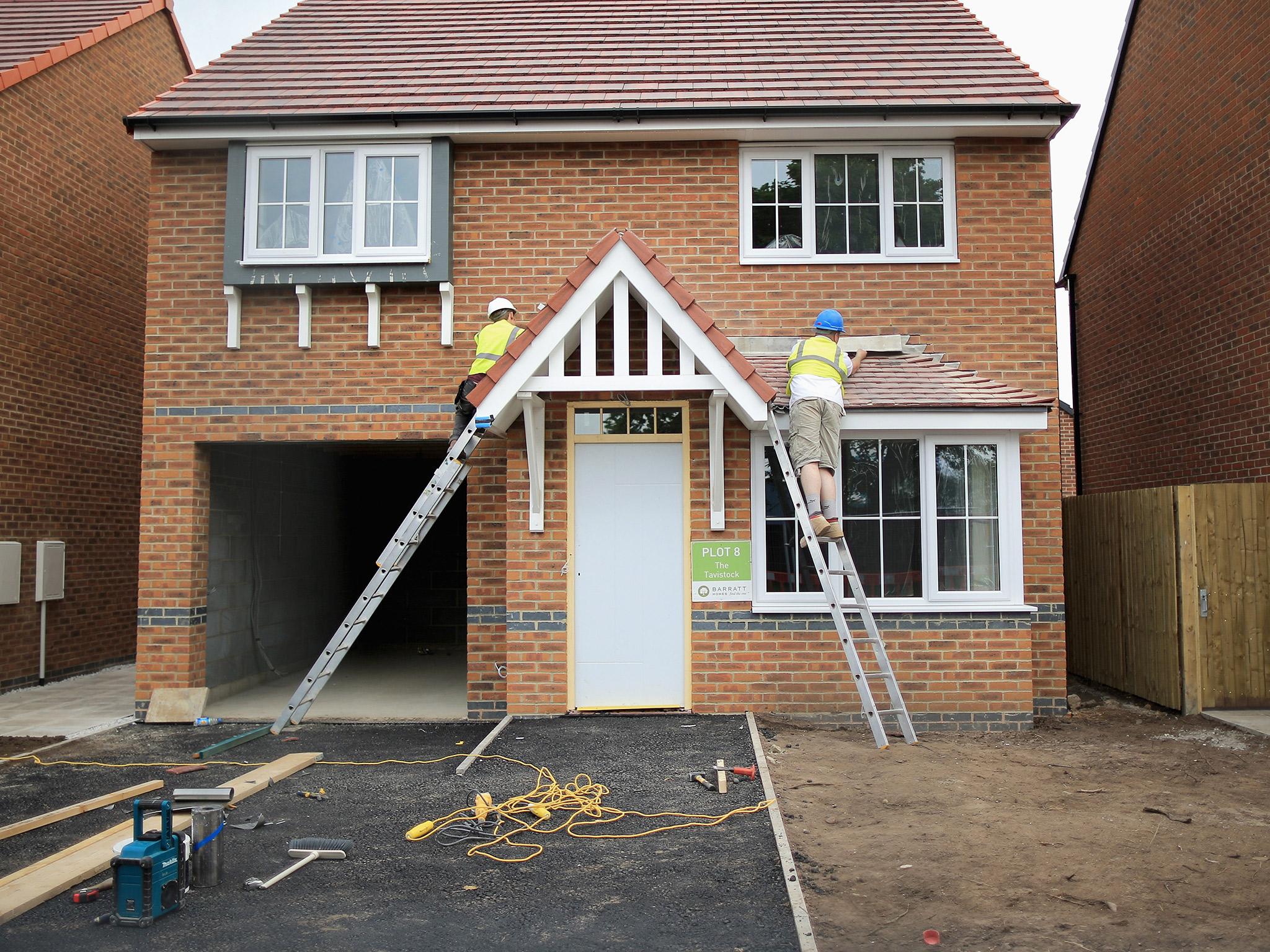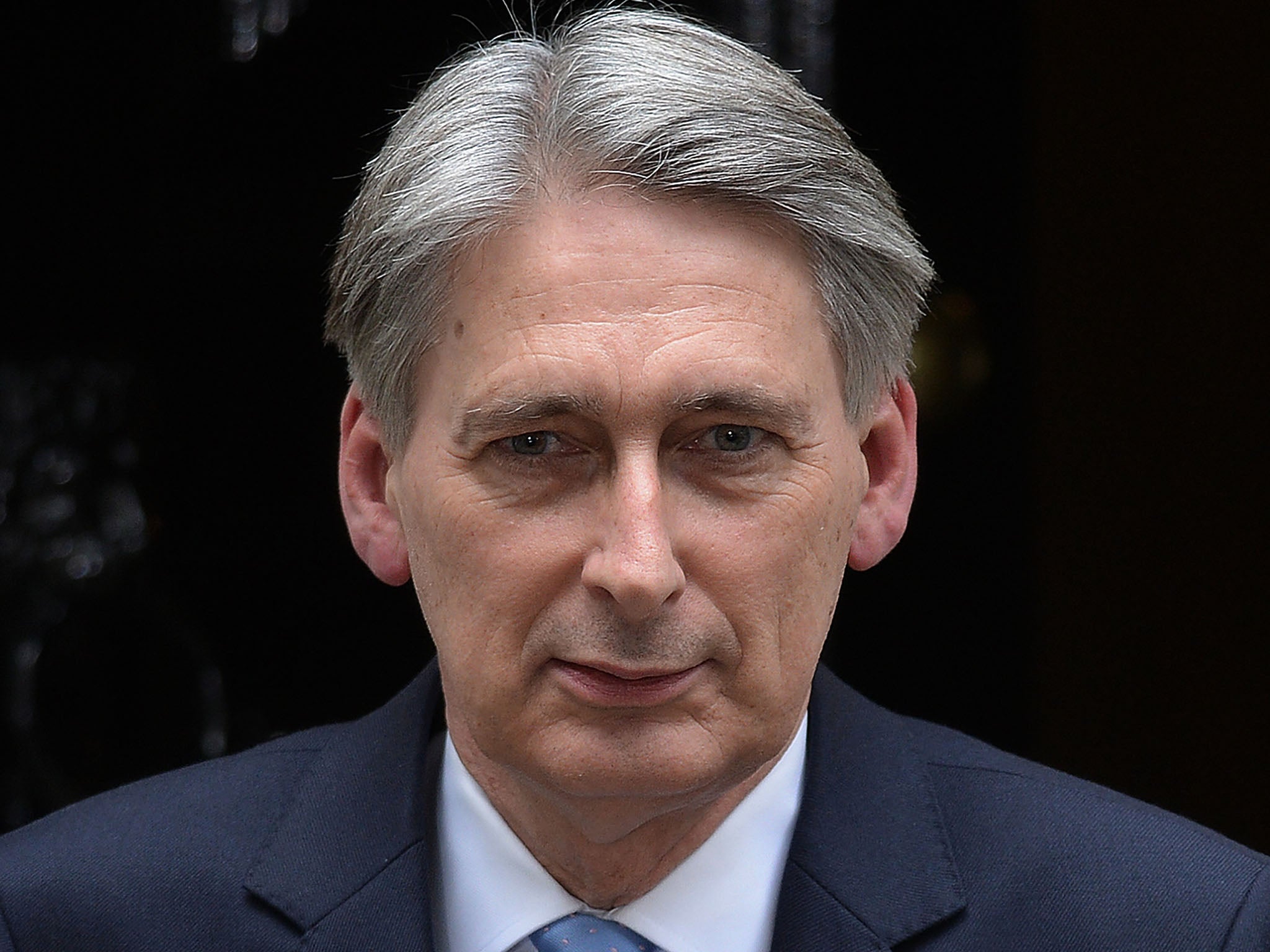Help to Buy: Government to end mortgage guarantee scheme
The controversial scheme will not be extended beyond 2016 but other parts of Help to Buy will remain in place

The Government has signalled the end of one of David Cameron’s flagship housing policies, the Help to Buy mortgage guarantee scheme. In a letter to the Bank of England on Thursday the Chancellor Philip Hammond said the scheme would not be extended beyond 2016.
Under the £12bn guarantee the Government stands behind lenders running high-stress 95 per cent mortgages. It has been available to buyers since January 2014.
The mortgage guarantee scheme, a part of the wider Help to Buy policy, was controversial because of fears it could contribute to an unsustainable housing bubble by boosting demand for homes without raising supply.
Critics said the scheme might hurt more people than it helped because the continued rise in house prices since it was introduced may have excluded more people from buying homes than actually used the scheme. It is however difficult to separate out the impact of the scheme from other factors raising house prices.
Adam Posen, a former member of the Bank of England monetary policy committee, had previously branded the guarantee “dysfunctional”. The Bank of England’s Financial Policy Committee said earlier this month that the policy was not needed. It concluded that the scheme had not driven up prices, even on homes that the scheme was used to buy.
Other parts of Help to Buy – the equity loan scheme and the ISA bank account – will continue to operate. The loan element of the scheme is less controversial because it can only be used on new homes, meaning it is linked in some way to supply. The ISA effectively gifts people who have saved a deposit additional money and has been criticised for being potentially regressive.
Theresa May has said she wants to close Britain’s “homes deficit” and said housing will be one of her priorities, though she has yet to announce new policies in the area. She may announce new measures at the Conservative conference, which begins in Birmingham this weekend.
The Chancellor wrote to Mark Carney to say: “The high LTV mortgage market has become less reliant on the scheme as confidence has returned. There are now over 30 lenders offering 90-95 per cent loans outside the scheme.
“This reflects the fact that the scheme was introduced with a specific purpose that has now been successfully achieved and, as such, I can confirm that it will close to new loans at the end of 2016 as planned. I will inform participating lenders.
“I welcome the Financial Policy Committee’s judgement that this decision will be unlikely, in current market conditions, to affect significantly the provision of finance to prospective mortgagors, including high LTV borrowers.
“It is important to note that the end of this particular scheme does not diminish in anyway the Government’s commitment to supporting those looking to get on the housing ladder, including through the Help to Buy: ISA, and Help To Buy equity loan schemes.”
Responding to the news the former Labour housing minister John Healey said: "The close of this part of Help to Buy should be a spur for fresh Government action to tackle the crisis of home ownership. But after six years of failure it's clear Tory Ministers have no answers.
"Under Labour a million more households became under homeowners, but since 2010 the number of young households owning a home has fallen by over a third of a million.

"Six years of failure on housing has meant the fewest homes built since 1923, wages not keeping up with house prices, and so-called 'starter homes' costing up to £450,000 – well out of reach for most young people on ordinary incomes.
"Labour's Redfern Review into the decline of home-ownership will report later this year – setting out the causes of the failure on home-ownership and suggesting areas for action."
Join our commenting forum
Join thought-provoking conversations, follow other Independent readers and see their replies
Comments